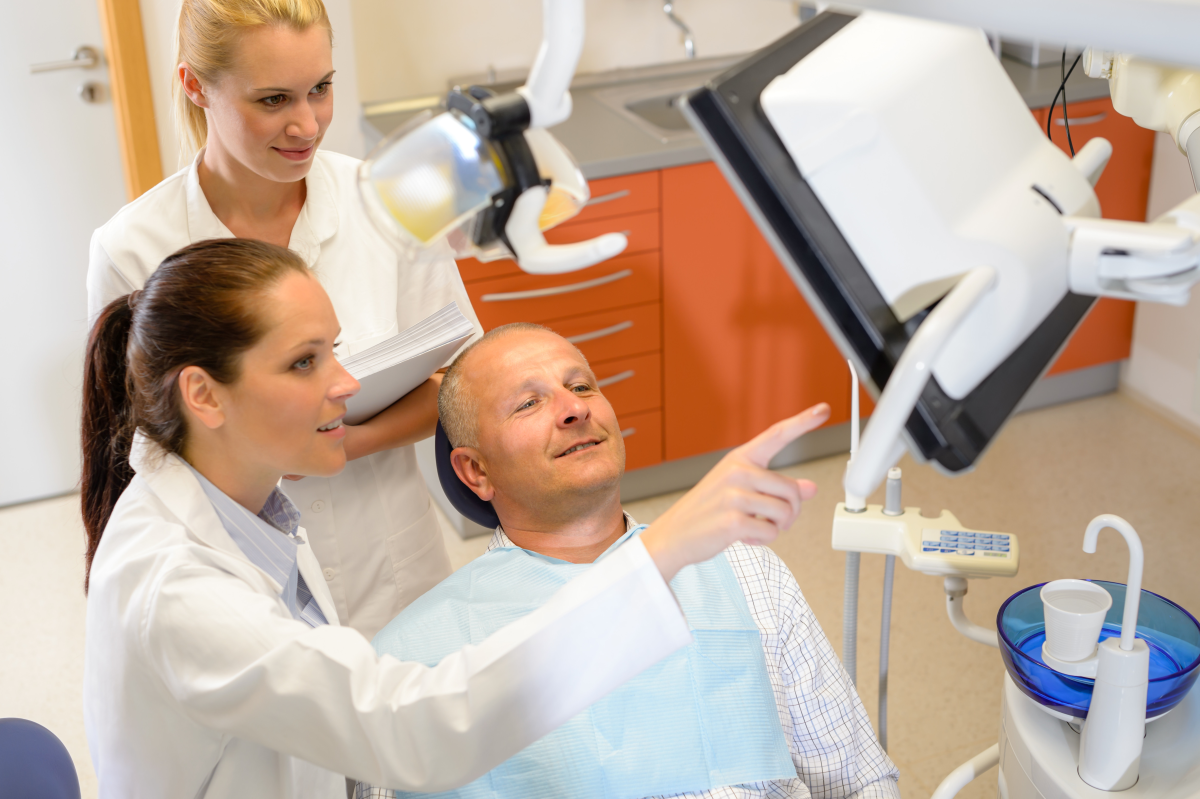Root canal therapy eliminates infection affecting the inside of teeth while rescuing those teeth from preventable tooth extractions. While root canal procedures are routine and almost always completed without complications, there are some important steps to follow to ensure a complete and speedy recovery. Here’s how to get well, soon.
How to manage pain
Your root canal procedure itself will be completely painless, but you should anticipate experiencing some soreness, tenderness and inflammation during your recovery period. In most cases, those post-root canal symptoms will disappear after a couple of days. If you find the soreness distracting, you can take over-the-counter pain medication such as Advil (ibuprofen) as directed. If your symptoms continue for longer than a couple days after undergoing root canal therapy in Kitchener, you should get in touch with a dentist near you to rule out any complications.
Keep your head elevated while resting
One of the easiest ways to minimize any discomfort you experience after undergoing a root canal is to keep your head elevated whenever you’re resting — which you should do plenty of! — laying down or sleeping. By keeping your head elevated, less blood will flow into the inflamed and swollen areas of your mouth. You’ll notice less of the occasional throbbing sensation you might experience in your tooth or gums.
Rinse with salt water
Another easy way to reduce irritation following a root canal is to gently rinse with warm (not hot) salted water. Simply put half a teaspoon of table salt — a natural antiseptic — into a glass of water just warm enough to dissolve the salt. Stir the water to dissolve the salt, then rinse your mouth gently with that solution. Don’t swallow the salt water.
When and what to eat
Your dentist in Kitchener will completely numb the gums and area around your tooth before beginning your root canal procedure. In some cases, that numbness may still be affecting your mouth when you get home. While your mouth is still numbed, avoid eating any foods at all. You could easily bite your lips, cheeks or tongue while eating with a numbed mouth and cause yourself injury.
After performing root canal therapy near you, your dentist will give a detailed list of aftercare instructions, including about when and what to eat. Follow them carefully. As a general rule, though, there are several foods and types of food you should avoid during your recovery period. Hard, chewy and spicy foods can irritate the already irritated portions of your mouth after undergoing a root canal and should be avoided. Hard and chewy foods can also dislodge the temporary filling that your dentist may have placed over the tooth treated during your root canal.
During your recovery period, focus on eating soft foods like soup, scrambled eggs, oatmeal and mac ‘n cheese. Avoid foods that are too hot or too cold because your teeth may be more sensitive than usual and extreme temperatures may irritate already-irritated portions of your gums.
Don’t skip the last step
Your dentist will seal your tooth after removing all infected material and cleaning the interior of your tooth. Once your tooth is sealed, a temporary filling will be placed over the hole through which your dentist accessed the pulp. That temporary filling will protect your tooth from re-infection, but only temporarily. Your dentist will recommend that, once you have recovered fully from the root canal procedure, you receive a permanent dental crown. A crown will completely cover your tooth from the biting surface to the line of your gums and all the way around the circumference of your tooth. That crown will protect your tooth from re-infection, lend strength to your weakened tooth and will restore complete dental function to that newly infection-free tooth.


